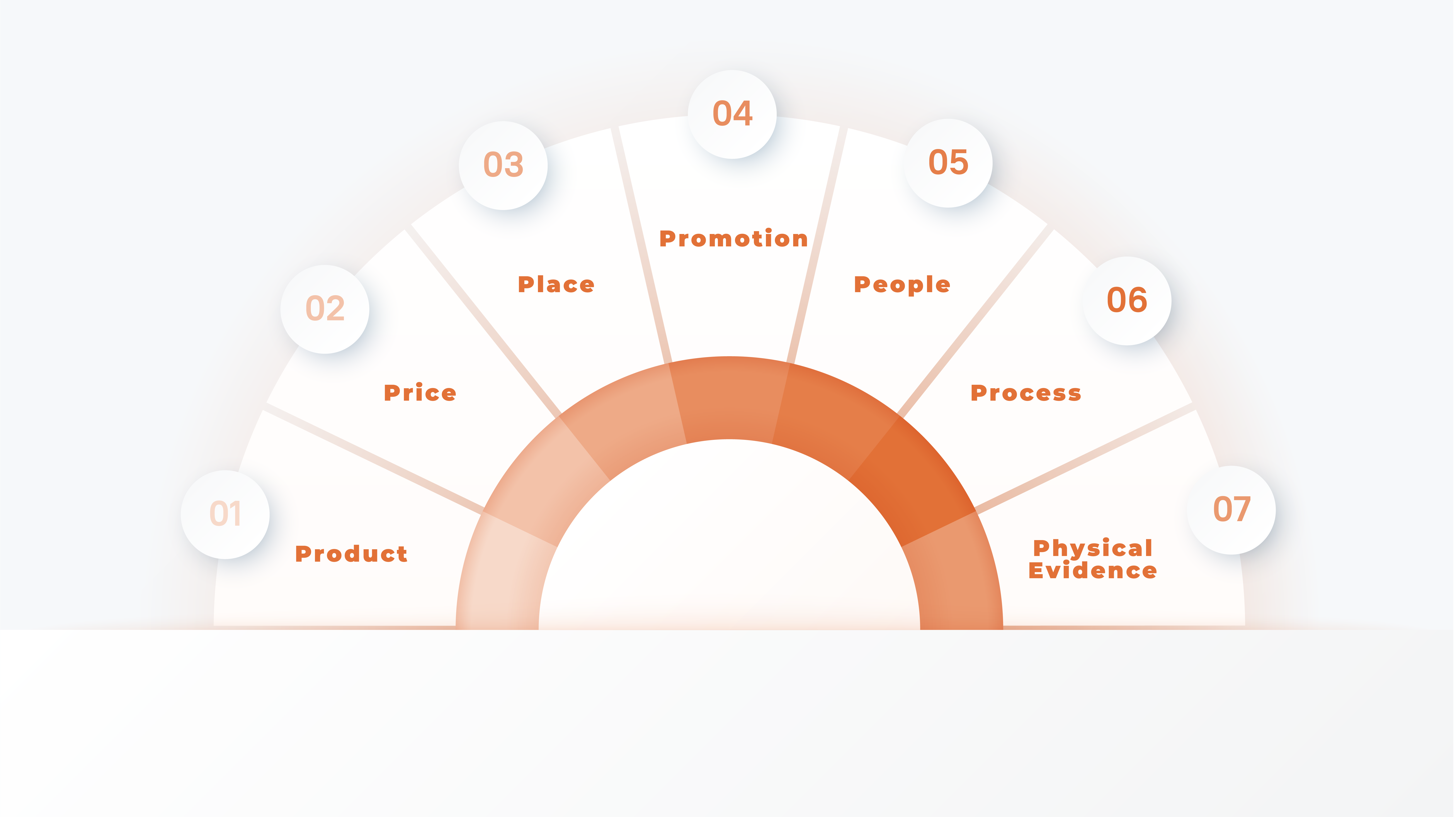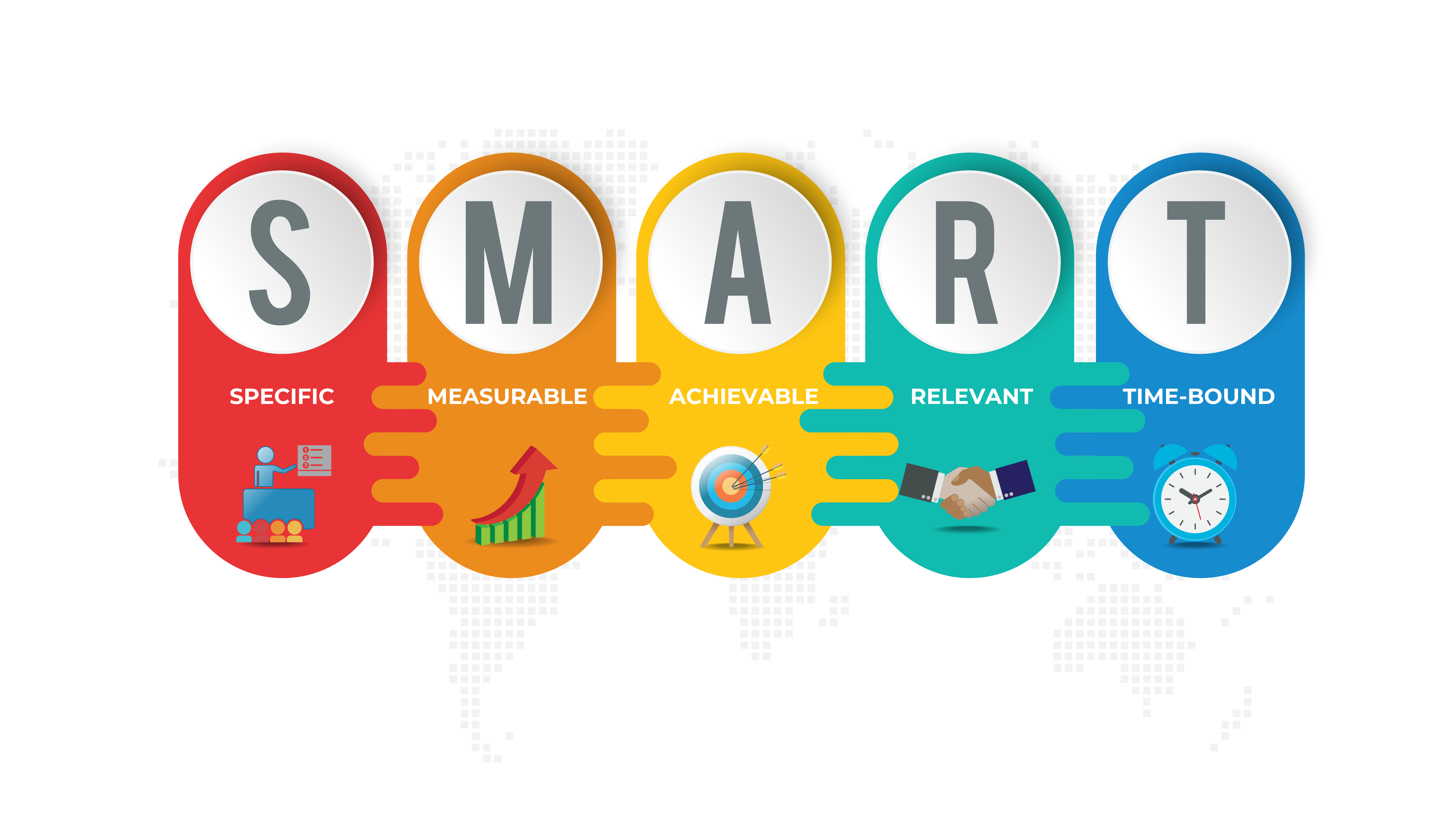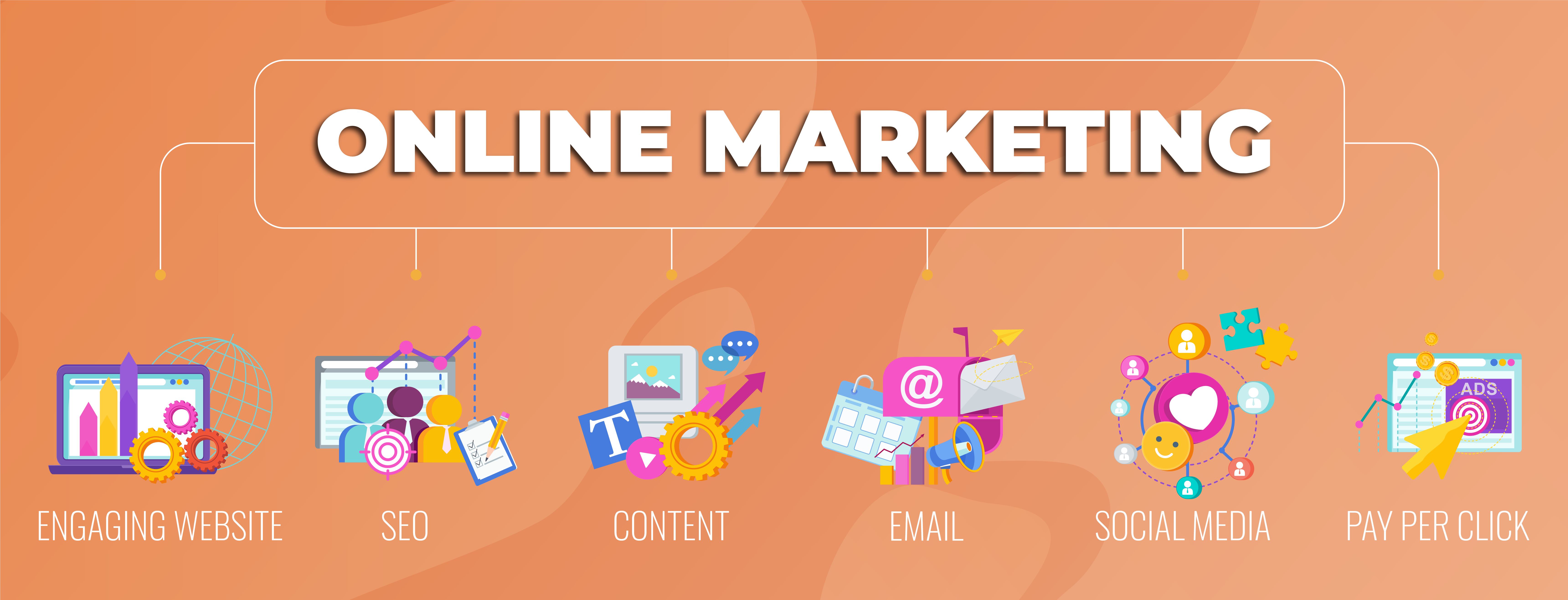Navigating the competitive business landscape requires more than just a great product - it demands a well-thought-out marketing strategy. Whether you are a startup or an enterprise, understanding the key components of a marketing strategy is crucial. From market analysis and target group insights to setting clear goals and implementing effective tactics, it is essential to create a well-thought marketing plan that drives growth and establishes your brand in the market.
Marketing Strategy - The Backbone of your Business

The Foundation of a Successful Business
In the dynamic world of business, having a solid marketing strategy is crucial, especially for startups and new businesses. A well-crafted marketing strategy not only positions your brand but also sets the foundation for long-term success. Here are the essential aspects you need to consider:
- Market Analysis: Before diving into creating a marketing strategy, it’s essential to understand the market landscape. This involves researching your industry, identifying market trends, and analyzing competitors.
- Target Group Analysis: Identifying your target audience is key. Understand who your potential customers are, what their needs and preferences are, and how you can address their pain points.
- Internal Product Analysis: Utilize tools like the BCG Matrix to evaluate your product portfolio. Determine which products are your stars, cash cows, question marks, and dogs to strategize accordingly.
- Setting Clear Goals: Define what you want to achieve with your marketing efforts. Whether it’s increasing brand awareness, generating leads, or boosting sales, having clear objectives is essential.
By starting with these foundational analyses, you can create a marketing strategy that is both data-driven and customer-centric.
What makes a Good Marketing Strategy?
A good marketing strategy is comprehensive, well-thought-out, and aligns with your business goals and target group. Here are the key components:
- Mission, Vision, Values:
- Mission Statement: This defines your company’s or product’s purpose and what you aim to achieve in the market and the world.
- Vision Statement: This outlines where you see your company in the future. It can be an utopic goal towards which you strive.
- Value Statement: These express the core principles and ethics that guide your company as well as the internal and external culture you live and communicate.
- The 7 P’s of Marketing:
Product, Price, Place, Promotion, People, Process, and Physical Evidence form the foundational elements of effective marketing strategies. Understanding and leveraging these components are crucial for crafting compelling marketing strategies that resonate with your audience and drive business success. - Narrowing Down your Target Group:
It’s vital to focus your marketing efforts on a specific audience. Understand that you cannot target ’everyone’ - that would result in nobody feeling addressed. By narrowing down your target group, you can create personalized and effective marketing campaigns that resonate with your audience. - Problem-Solution Approach: Instead of highlighting how great your product is, focus on how it solves a problem for your target audience. This customer-centric approach is more likely to engage potential customers and drive conversions.
The above are meant to give you a first red line in basic marketing principles that you can incorporate in every step of your business process. For everything that you do, take these into consideration and adjust your strategy to incorporate them.


First Steps to Developing a Marketing Strategy
Starting with a clear structure is crucial for developing an effective marketing strategy. Here’s a simple plan to get you started right away:
- Define Your Objectives: Establish clear, measurable goals for what you want to achieve with your marketing efforts. Go after the SMART-Principle: Your goals should be Specific, Measurable, Achievable, Relevant, and Time-Bound
- Research and Analyze: Conduct thorough market and target group analyses to gather the necessary data.
- Create a Marketing Plan: Develop a detailed plan that outlines your strategies and tactics for achieving your objectives. Go over the basic principles and try to go step by step. Start small, focus on one or two marketing channels in the beginning to test and learn; don’t overwhelm yourself.
- Implement and Monitor: Execute your marketing plan and continuously monitor its performance to make necessary adjustments. Keep reminding yourself to stick to your plan with all the actions that you execute. This way, you can make sure to keep in line with your plan and strategy.
While these tips can help you get started, developing a comprehensive and effective marketing strategy can be time-consuming and complex. This is where a professional marketing agency or can make a significant difference. By consulting with experts, you can save time, avoid costly mistakes, and ensure your strategy is aligned with your business goals. To leverage all marketing channels that the world has to offer, look for a digital marketing agency with a full-service approach, like Fusion Impact to guide you through the variety of concepts, channels, and marketing principles.
The Importance of Online Marketing
In today’s digital age, online marketing is just as crucial as offline marketing. It requires a completely different skill set and a thorough understanding of digital platforms. Online marketing encompasses a variety of tactics, including search engine optimization (SEO), content marketing, social media marketing, email marketing, and pay-per-click or search engine advertising (SEA). These strategies are essential for building a strong online presence and reaching a global audience.
Why Online Marketing Matters:
- Website and SEO:
Your website is often the first point of contact for potential customers. Ensuring it is optimized for search engines (SEO) is crucial for increasing visibility on Google and other search engines. - Content Marketing:
Creating valuable, relevant content helps attract and engage your target audience, establishing your brand as an authority in your industry. - Digital Advertising:
Pay-per-click (PPC) campaigns and other forms of online advertising can drive targeted traffic to your website, increasing leads and sales. Google Ads is one of the most popular tools for search engine advertising (SEA) which everyone can leverage to get in touch with their target group. - Social Media:
Platforms like Facebook, Instagram, and LinkedIn offer powerful tools for reaching and interacting with your audience.
The Value of Professional Help
Integrating online and offline marketing seamlessly is key to a cohesive strategy. As a full-service marketing agency based in Amsterdam, we specialize in both realms. Our team of experts can help you create and implement a strategy that aligns with your overall business goals, ensuring all aspects of your marketing are working together to achieve the best results. Partner with us to leverage our comprehensive services and expertise, saving you time and delivering impactful results.

Covering
all your needs.
Fusion Impact is a full-service agency. That means, you don’t have to worry with different agencies for different tasks. That makes it not only way cheaper for you, it also ensures a consistent brand image, an easy contact stream and a way faster turnaround time.
Strategy

Branding


Web


Advertising


Social


Presentation


Ready to Elevate your Brand?